What is taxable income? Which income is subject to personal income tax in Vietnam?
What is taxable income in Vietnam?
Currently, there is no official document defining taxable income. However, the definition of taxable income can be understood as follows:
Taxable income is the portion of an individual or organization's income used as a basis for calculating the tax payable according to tax law. It includes income that, by legal provisions, is subject to tax after deductions and exemptions (if any).
Note: The information is for reference purposes only!
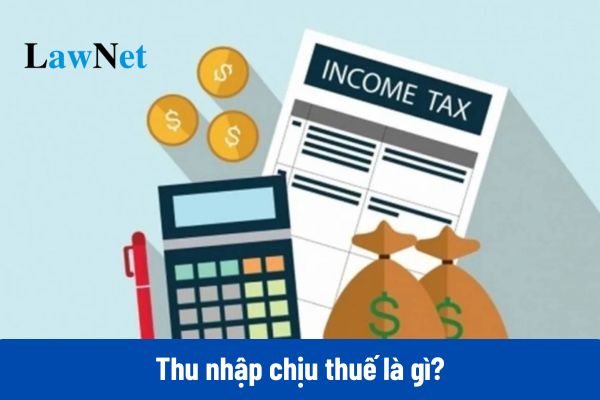
What is taxable income? Which income is subject to personal income tax in Vietnam? (Image from the Internet)
Which types of income are subject to personal income tax in Vietnam?
According to Article 3 of the Personal Income Tax Law 2007 (amended by Clause 1, Article 1 of the Amended Personal Income Tax Law 2012 and Article 2 of the Law on Amendments to Laws on Taxation 2014), the income subject to personal income tax includes:
(1) Income from business activities:
- Income from production and business activities of goods and services;
- Income from independent professional activities of individuals with practice licenses or certificates as prescribed by law.
The aforementioned business income does not include income of individuals with business having an annual turnover of 100 million VND or less.
(2) Income from salaries and wages:
- Salaries, wages, and any income akin to salaries and wages;
- Allowances and subsidies, except those stipulated by law regarding preferential treatment of people with meritorious services, national defense, security, hazardous allowances, allowances for dangerous conditions for jobs with harmful factors, attraction allowances, regional allowances as stipulated by law, sudden difficulty grants, work accident, occupational disease allowances, one-time maternity or adoption allowance, reduced work capacity allowance, one-time retirement benefits, monthly pension, job loss and unemployment allowances according to the Labor Code, other allowances from Social Insurance, and allowances for tackling social issues;
- Remuneration in different forms;
- Income from participation in business associations, board of directors, supervisory boards, management boards, and other organizations;
- Other benefits received in money or otherwise;
- Bonuses, except bonuses attached to titles awarded by the State, national and international awards, bonuses related to technical improvements, inventions, and initiatives recognized by competent state agencies, and bonuses for detecting and reporting legal violations to competent state agencies.
(3) Income from capital investment:
- Loan interest;
- Dividend income;
- Other forms of capital investment income, excluding Government bond interest.
(4) Income from capital transfer:
- Income from transferring capital portions in economic organizations;
- Income from transferring securities;
- Income from transferring capital in other forms.
(5) Income from real estate transfer:
- Income from transferring land use rights and assets attached to land;
- Income from transferring ownership or use rights of houses;
- Income from transferring lease rights to land and water surfaces;
- Other income received from real estate transfers.
(6) Income from winnings:
- Lottery winnings;
- Promotions winnings;
- Winnings from betting activities;
- Winnings from prize games, contests, and other forms of winnings.
(7) Income from royalties:
- Income from transferring or licensing rights in intellectual property;
- Income from technology transfer.
(8) Income from franchising
(9) Income from inheritances:
Such as securities, capital portions in economic organizations, business establishments, real estate, and other assets required to register ownership or usage rights.
(10) Income from gifts:
Such as securities, capital portions in economic organizations, business establishments, real estate, and other assets required to register ownership or usage rights.
What are regulations on the personal income tax period in Vietnam?
Based on stipulations in Article 7 of the Personal Income Tax Law 2007 (amended and supplemented by Clause 3, Article 1 of the Amended Personal Income Tax Law 2012), the personal income tax period is established as follows:
(1) For resident individuals
- The annual tax period applies to income from business activities and income from salaries, wages;
- The tax period for each time income arises applies to income from capital investments; income from capital transfers, excluding securities transfers; income from real estate transfers; income from winnings; income from royalties; income from franchising; inheritances; gifts;
- The tax period for each transaction or annually for income from securities transfers.
Additionally, the annual tax period for income from business activities and salary, wage income is guided by Article 6 of Circular 111/2013/TT-BTC for resident individuals as follows:
+ Annual tax period: Applicable for income from business and salary, wage income.
In the event that the individual is present in Vietnam for 183 days or more in the calendar year, the tax period is calculated on a calendar year basis.
If the individual is present in Vietnam for less than 183 days in the calendar year but 183 days or more within 12 consecutive months from the first day present in Vietnam, the first tax period is defined as the 12 consecutive months from the first day present in Vietnam. From the second year, the tax period is based on the calendar year.
+ The tax period for each income occurrence: Applies to income from capital investment, capital transfer, real estate transfer, winnings, royalties, franchise income, inheritance, and gifts.
+ The tax period for each income occurrence or annually applies to income from securities transfers.
(2) For non-resident individuals
The tax period for non-resident individuals is calculated based on each time income arises.
In the case of non-resident business individuals with fixed business locations such as stores or stalls, the tax period is applied similarly to resident individuals with business income.

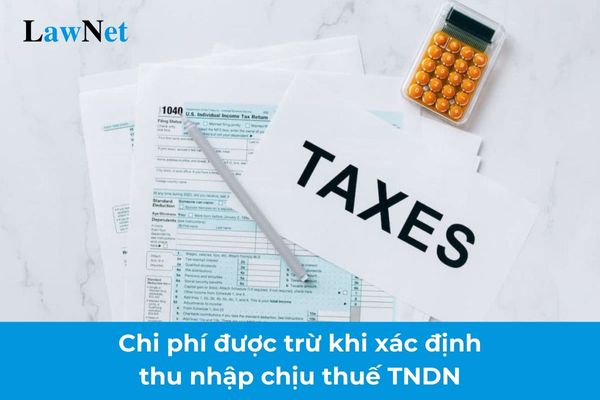


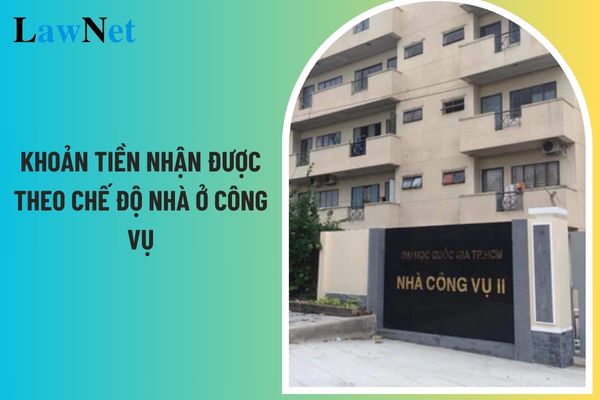
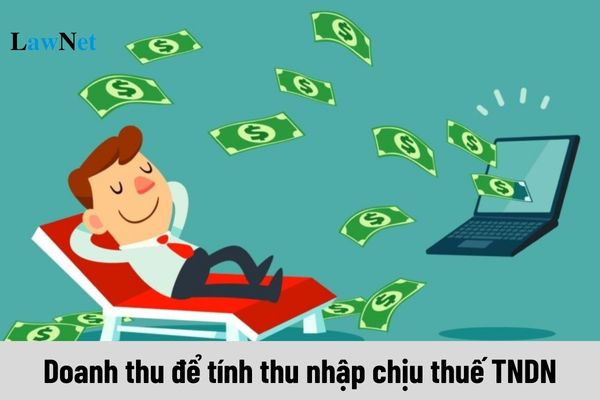
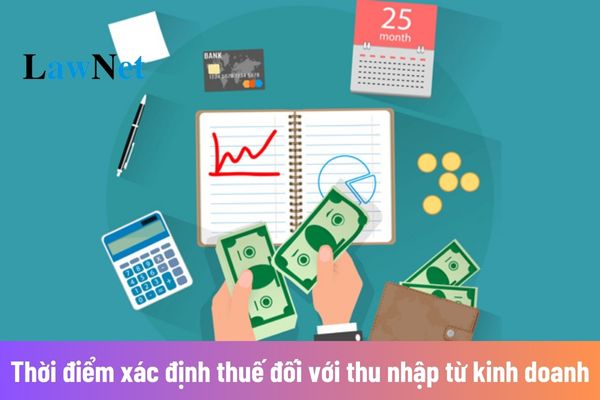
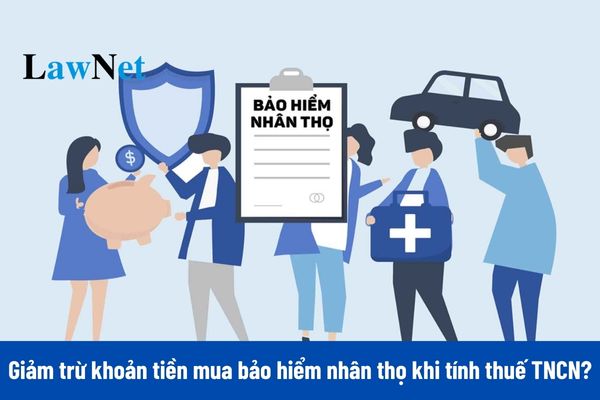
.jpg)
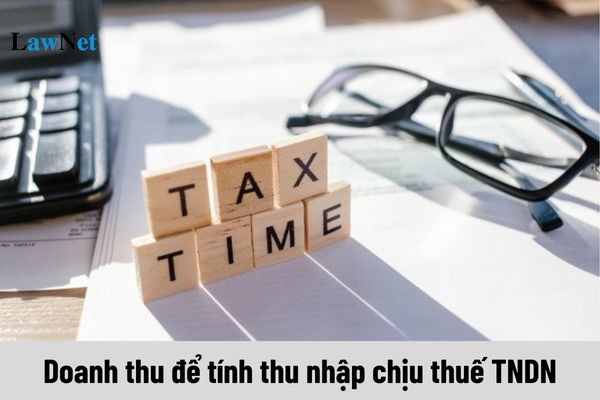
- Vietnam: How to purchase from the 2025 Trade Union Tet Market online? How much is the labor union fee for members?
- What is the online "2025 Trade Union Tet Market" program in Vietnam? What types of taxes do online sellers have to pay?
- What is taxable income? How to distinguish taxable income and income subject to tax in Vietnam?
- Shall owners of household businesses with tax debt be subject to exit suspension in Vietnam from January 1, 2025?
- What are the changes in tax refund procedures in Vietnam from 2025?
- What tax enforcement measures will be applied for taxpayers that owe tax debt in Vietnam from January 1, 2025?
- What 08 financial, banking, securities trading, and commercial services shall be exempt from VAT in Vietnam from July 1, 2025?
- Are healthcare services and veterinary services exempt from VAT in Vietnam from July 1, 2025?
- What is the total income between 02 declarations in Vietnam? What does the tax declaration dossier for individuals paying tax under periodic declarations Include?
- What are 03 professional and comprehensive 2025 Tet holiday announcement templates for enterprises in Vietnam? Where are the places of tax payment for enterprises in Vietnam?

